To provide the best experiences, we use technologies like cookies to store and/or access device information. Consenting to these technologies will allow us to process data such as browsing behaviour or unique IDs on this site. Not consenting or withdrawing consent, may adversely affect certain features and functions.
The technical storage or access is strictly necessary for the legitimate purpose of enabling the use of a specific service explicitly requested by the subscriber or user, or for the sole purpose of carrying out the transmission of a communication over an electronic communications network.
The technical storage or access is necessary for the legitimate purpose of storing preferences that are not requested by the subscriber or user.
The technical storage or access that is used exclusively for statistical purposes.
The technical storage or access that is used exclusively for anonymous statistical purposes. Without a subpoena, voluntary compliance on the part of your Internet Service Provider, or additional records from a third party, information stored or retrieved for this purpose alone cannot usually be used to identify you.
The technical storage or access is required to create user profiles to send advertising, or to track the user on a website or across several websites for similar marketing purposes.
 Originally published in March, right at the start of all this. Makes me wonder how far we’ve come in nine months. In Dorian Lynskey’s The Ministry of Truth, a “biography” of Nineteen Eighty-Four, the author describes how Orwell’s book was the end point of an obsession with utopian (and ultimately dystopian) fiction that characterised the first half of the Twentieth Century, and reflected the competing political, social and economic ideologies of the era. (more…)
Originally published in March, right at the start of all this. Makes me wonder how far we’ve come in nine months. In Dorian Lynskey’s The Ministry of Truth, a “biography” of Nineteen Eighty-Four, the author describes how Orwell’s book was the end point of an obsession with utopian (and ultimately dystopian) fiction that characterised the first half of the Twentieth Century, and reflected the competing political, social and economic ideologies of the era. (more…)






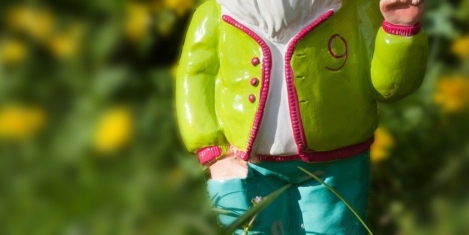


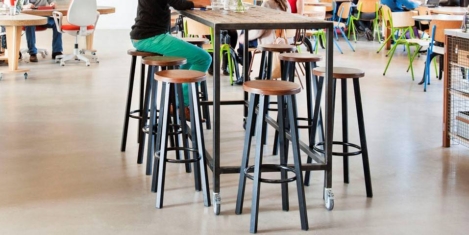
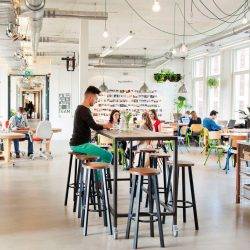 2015. It is perhaps the most common misconception of evolutionary theory that all animals are somehow evolving towards some end point – meaning us. This notion is perhaps best summed up when a sceptic asks: “If we have evolved from monkeys, why are there still monkeys?” The lesser of the two problems with this is its solipsistic assumption that humans are the pinnacles of life and that, if evolution were true, all species would eventually evolve into people.
2015. It is perhaps the most common misconception of evolutionary theory that all animals are somehow evolving towards some end point – meaning us. This notion is perhaps best summed up when a sceptic asks: “If we have evolved from monkeys, why are there still monkeys?” The lesser of the two problems with this is its solipsistic assumption that humans are the pinnacles of life and that, if evolution were true, all species would eventually evolve into people. 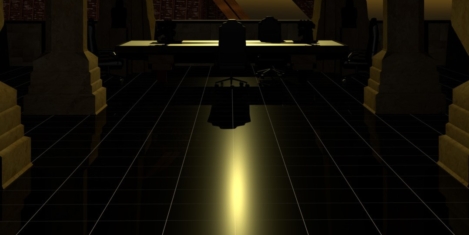
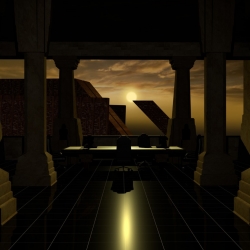 When Donald Trump was
When Donald Trump was 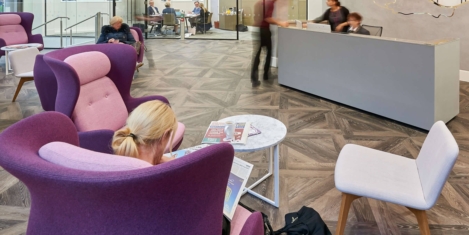
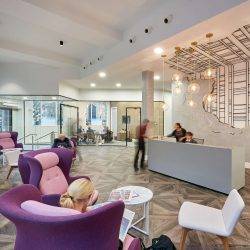 Most of the analysis about the effects of the 2020 pandemic on people’s working lives has tended to involve grand statements about new normals and the death of this or that, as if everybody wants the same things, has the same personal circumstances, works in the same ways, the same places and same sectors.
Most of the analysis about the effects of the 2020 pandemic on people’s working lives has tended to involve grand statements about new normals and the death of this or that, as if everybody wants the same things, has the same personal circumstances, works in the same ways, the same places and same sectors. 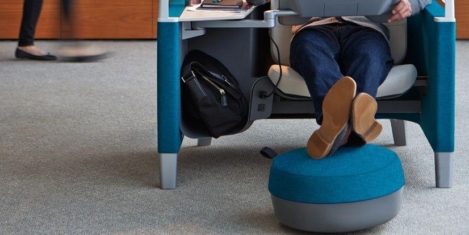
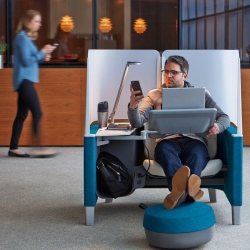 Let the dogs bark, let the kid dance, admit that you are in the basement because your spouse is occupying the kitchen. It takes bravery to let the new reality shine. In previous circumstances, your dog starting to bark like crazy while you are on a work video call with the CEO of a company may have been mortifying. But now, instead, the shared reality of both participants working from home gives employees and employers the chance to gain a little more insight into each other’s lives.
Let the dogs bark, let the kid dance, admit that you are in the basement because your spouse is occupying the kitchen. It takes bravery to let the new reality shine. In previous circumstances, your dog starting to bark like crazy while you are on a work video call with the CEO of a company may have been mortifying. But now, instead, the shared reality of both participants working from home gives employees and employers the chance to gain a little more insight into each other’s lives. 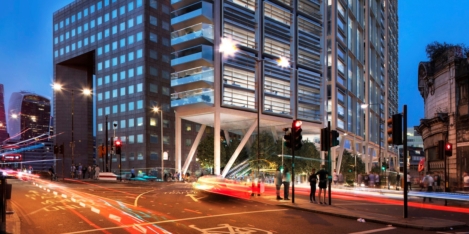
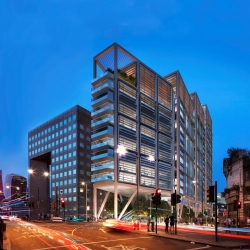 Climate change has accelerated the urgency to address the way people live and work. With the UK’s aim to become carbon neutral by 2050,
Climate change has accelerated the urgency to address the way people live and work. With the UK’s aim to become carbon neutral by 2050, 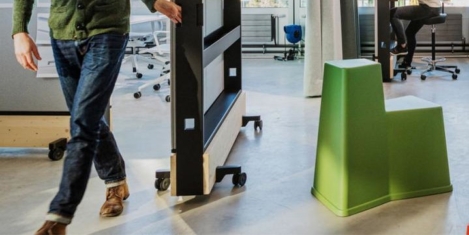
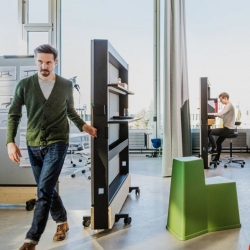 After 20 years in their Clerkenwell showroom, global design brand Vitra is set to move into a new space in Rolling Stock Yard, Kings Cross, which will open in January 2021. The temporary Kings Cross space will host a working installation looking at new office solutions for more flexible working. Vitra will open a new permanent UK flagship showroom in the Summer of 2021 and will announce the location in the coming months. The move comes as Vitra’s lease on its current Clerkenwell space draws to an end.
After 20 years in their Clerkenwell showroom, global design brand Vitra is set to move into a new space in Rolling Stock Yard, Kings Cross, which will open in January 2021. The temporary Kings Cross space will host a working installation looking at new office solutions for more flexible working. Vitra will open a new permanent UK flagship showroom in the Summer of 2021 and will announce the location in the coming months. The move comes as Vitra’s lease on its current Clerkenwell space draws to an end. 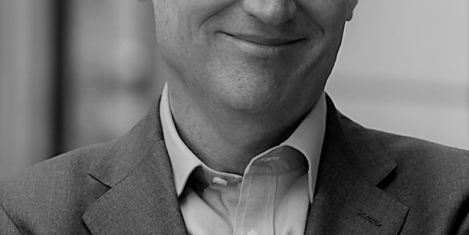
 The physician can bury his mistakes,—but the architect can only advise his client to plant vines. Frank Lloyd Wright’s eternal epigram is not just true for buildings. It also applies to the authors of books, especially those on the subjects most affected by this year’s pandemic. Speakers and blog writers can quietly inter the things they get wrong, while the book sits unchangeable on a shelf. Maybe behind a houseplant.
The physician can bury his mistakes,—but the architect can only advise his client to plant vines. Frank Lloyd Wright’s eternal epigram is not just true for buildings. It also applies to the authors of books, especially those on the subjects most affected by this year’s pandemic. Speakers and blog writers can quietly inter the things they get wrong, while the book sits unchangeable on a shelf. Maybe behind a houseplant.
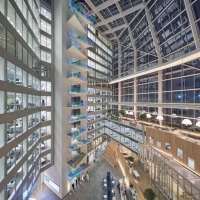
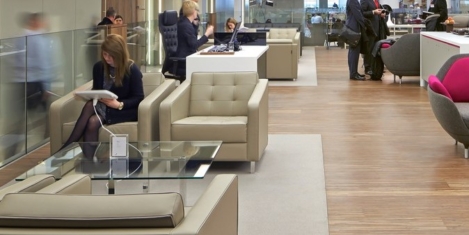
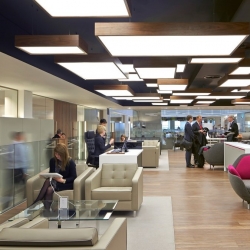









January 12, 2021
Burnt out workers need to regain some balance
by Dan Zakai • Comment, Wellbeing, Workplace design